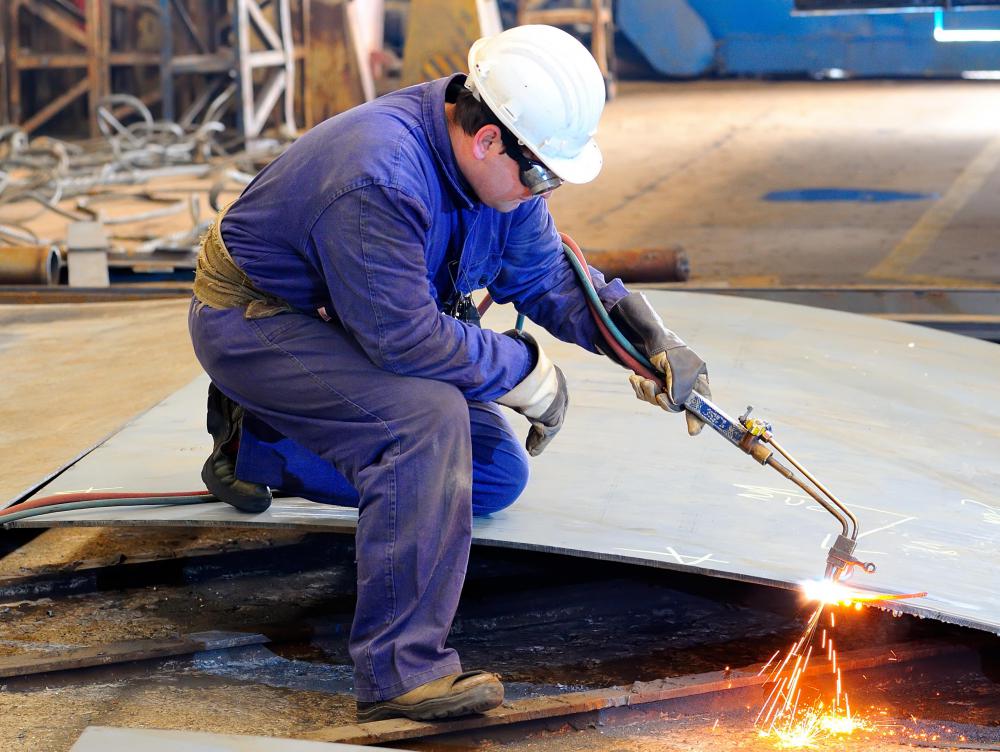At SmartCapitalMind, we're committed to delivering accurate, trustworthy information. Our expert-authored content is rigorously fact-checked and sourced from credible authorities. Discover how we uphold the highest standards in providing you with reliable knowledge.
What Is the Difference between a Market Economy and a Command Economy?
The main difference between a market economy and a command economy is that a market economy is generally free from government control while a command economy is planned at practically every stage by governmental forces. In a market economy, production levels and prices for goods and services are determined by the producers themselves based on the demand for those goods and services. By contrast, elements like production levels, prices, and even wages in a command economy, also known as a planned economy, are determined by government overseers. Most economies in the world actually possess characteristics of both types and are known as mixed economies.
There are two extremes that can determine the way an economy develops. In a purely free market economy, the government of that nation would have no say whatsoever on any aspect of the economy. The other extreme is a planned economy, which is controlled practically without exception by the government. Just about all the differences between a market economy and a command economy emanate from this main divergence in philosophy.

Consumers and producers of goods have all of the power in a purely free market economy. The laws of supply and demand will govern how many goods are produced and what the prices for those goods will be. Competition between different firms helps to ensure that surpluses or shortages don’t take place, since these firms will be financially motivated to maximize the impact of their production.

By contrast, a command economy is dictated by the desires of the government. The government will make decisions about which goods are produced and who will get the chance to produce them. Those companies that are chosen for production duties usually must share their profits with the government, which also decides how goods will be allotted to each geographic region and what the prices will be.

It is rare for either a market economy or a command economy to exist in its purest form. China was long considered a command economy, but it has taken steps in recent years to encourage entrepreneurship on behalf of its citizens. In addition, there are many market economies that include some sort of governmental intervention. For example, a government in a market economy might enact programs to help the poor or make adjustments to economic mechanisms like interest rates to spur stagnant growth. For those reasons, mixed economies are the predominant economic model in the world.
AS FEATURED ON:
AS FEATURED ON:













Discussion Comments
I know that most economists and lay people reject the notion of a command economy, but it has its benefits. And there are significant drawbacks to market economies so we should be a little more reluctant to judge command economies.
Sure they can be inefficient, and shortsighted, and sometimes just completely ineffective. But they can also be more stable, more virtuous, and ultimately more consequential. And most economies exist as a blend of the two models. So there is something to be said for economic control. The market is not the perfect judge that it is made out to be.
Can someone explain to me how China's economy fits into this dichotomy? I know that they are basically a command economy, but they are subject to market forces and influences. So where do they fit on the spectrum and where does the most energy come from in their economy. Is it their government or their customers?
Post your comments